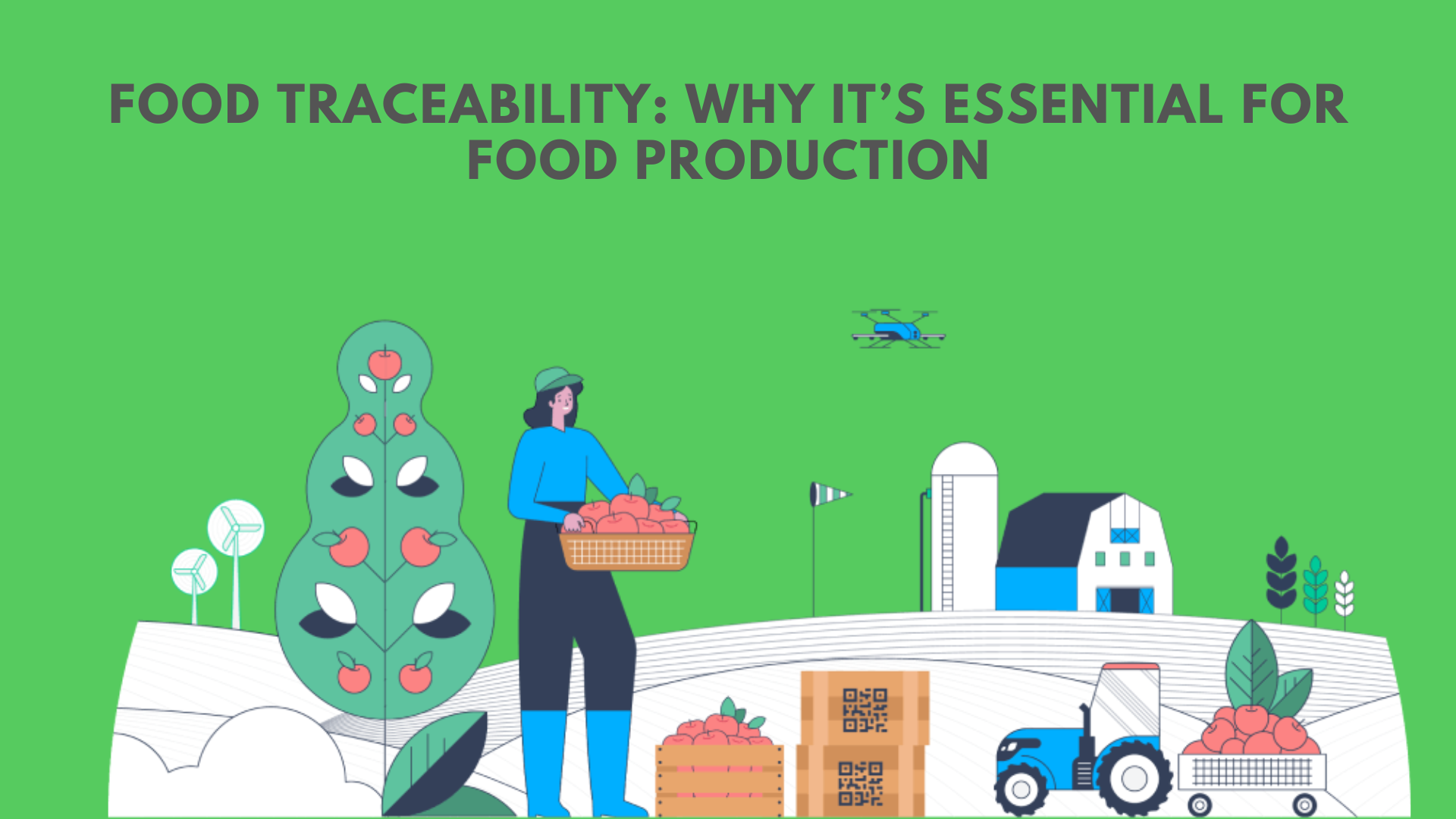In an era where consumers are more concerned than ever about the origins and safety of their food, traceability has become a cornerstone of the food production industry. Food traceability is the ability to track the movement of food products and their ingredients through all stages of the supply chain—from production and processing to distribution and retail. Here’s why food traceability is essential for modern food production.
Ensuring Food Safety
Rapid Response to Contamination: Foodborne illnesses can have devastating effects on public health and the food industry. Traceability systems allow producers and authorities to quickly identify and isolate contaminated products, minimizing the risk of widespread outbreaks.
Efficient Recall Management: In the event of a contamination or safety issue, traceability systems enable quick and precise recalls. This reduces the impact on consumers and helps maintain trust in the food supply chain.
Enhancing Consumer Trust
Transparency and Accountability: Modern consumers demand transparency regarding the origin and production methods of their food. Traceability systems provide detailed information, helping to build consumer trust and confidence in the brand.
Proof of Authenticity: Traceability ensures that claims about a product’s origin, organic status, or ethical sourcing are verifiable. This is crucial for brands that market their products based on these attributes.
Improving Supply Chain Efficiency
Streamlined Operations: Traceability systems help streamline supply chain operations by providing accurate and timely information about product movements. This can lead to reduced waste, optimized inventory management, and more efficient logistics.
Data-Driven Decision Making: With traceability data, food producers can make informed decisions about sourcing, production, and distribution. This helps in identifying bottlenecks, improving processes, and reducing costs.
Compliance with Regulations
Meeting Legal Requirements: Many countries have stringent regulations regarding food traceability. Implementing robust traceability systems ensures compliance with these laws, avoiding legal repercussions and potential fines.
Facilitating International Trade: For businesses involved in international trade, traceability is often a requirement for market access. Being able to provide detailed traceability information can facilitate smoother trade relationships and access to new markets.
Protecting Brand Reputation
Mitigating Risks: In the event of a food safety issue, having a traceability system in place can mitigate reputational damage. Quick and effective recalls, combined with transparent communication, can preserve consumer trust and brand integrity.
Building Brand Loyalty: Brands that prioritize traceability and transparency often enjoy higher levels of consumer loyalty. Customers appreciate the commitment to quality and safety, which can differentiate a brand in a competitive market.
Supporting Sustainability and Ethical Practices
Environmental Impact: Traceability helps monitor the environmental impact of food production. Producers can track and optimize resource use, reduce waste, and implement more sustainable practices.
Ethical Sourcing: Ensuring that food products are sourced ethically is increasingly important to consumers. Traceability systems can verify that suppliers adhere to ethical standards, promoting fair labor practices and animal welfare.
Conclusion
Food traceability is not just a regulatory requirement; it is a vital component of modern food production that enhances safety, transparency, and efficiency. By implementing robust traceability systems, food producers can respond swiftly to safety issues, build consumer trust, and streamline their supply chains. Moreover, traceability supports compliance with regulations, protects brand reputation, and promotes sustainability and ethical sourcing. In a world where consumers demand more information about the food they eat, investing in traceability is an essential strategy for success in the food production industry.









